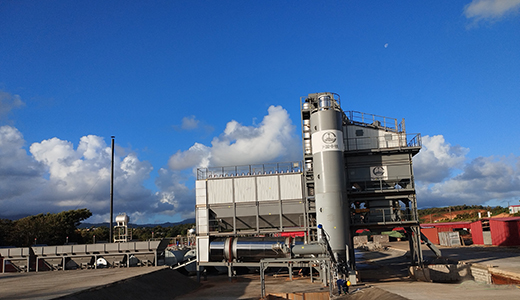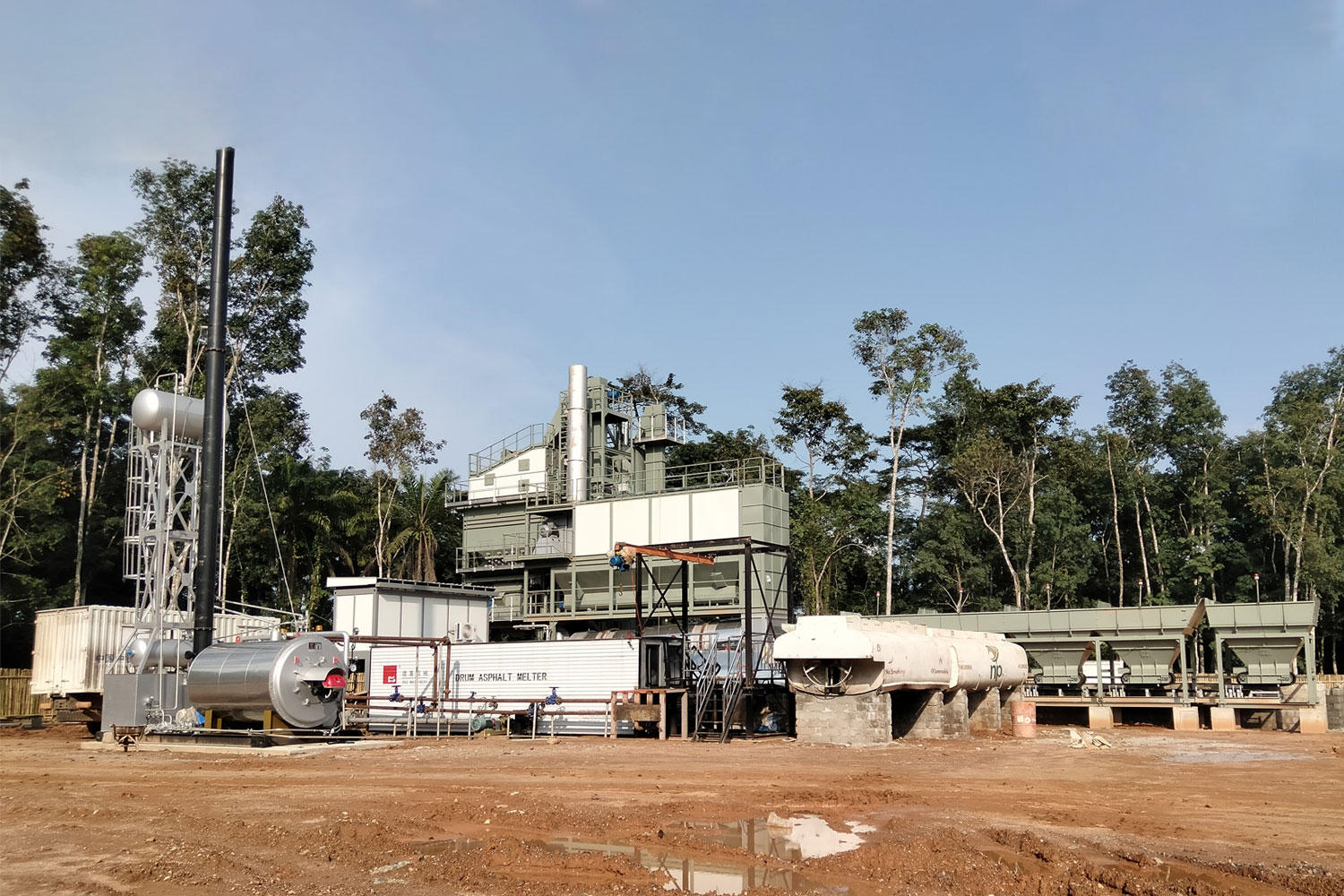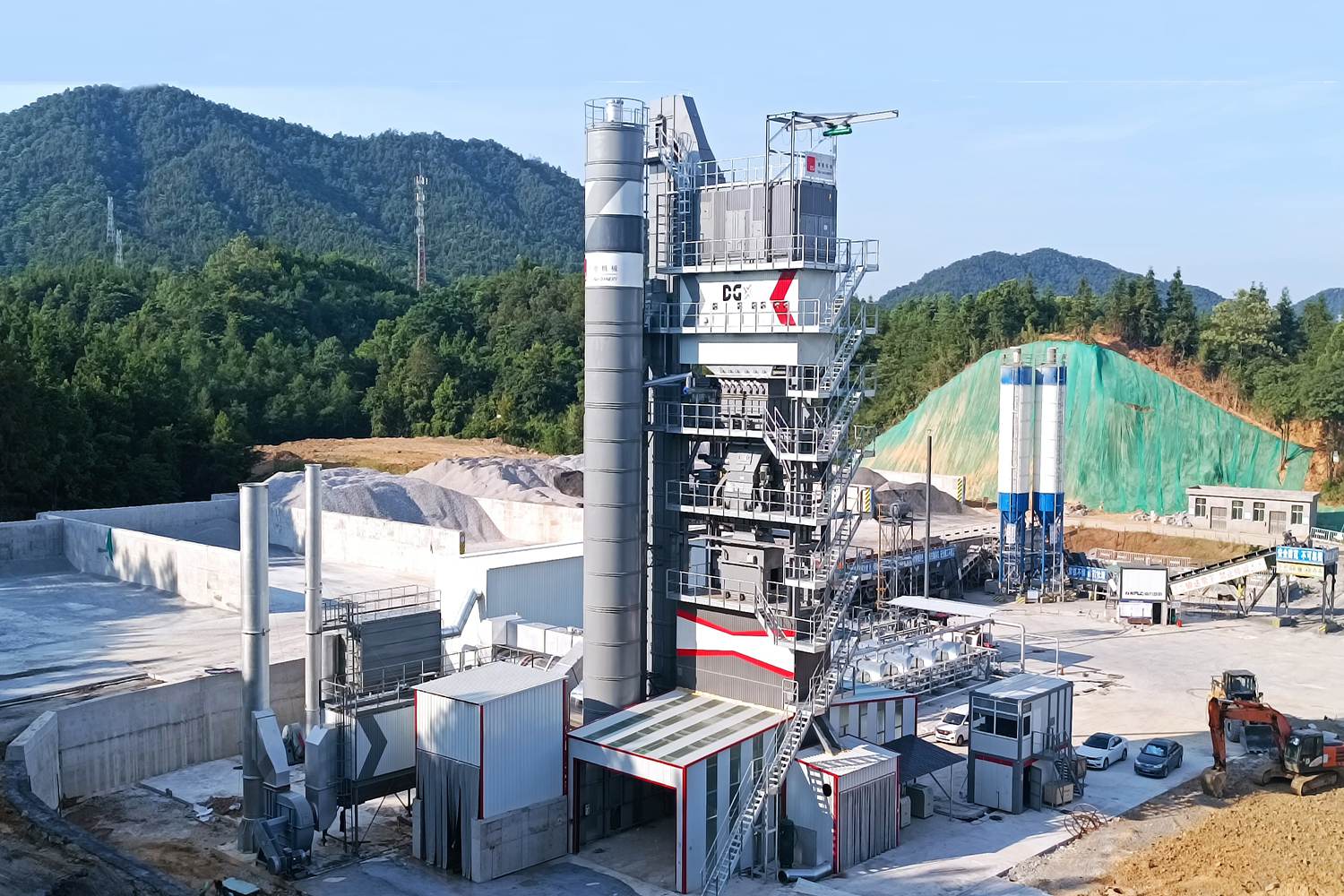Asphalt plants play a crucial role in the construction and infrastructure industry, primarily in the production of asphalt concrete for various paving projects. These facilities are designed to combine aggregates, asphalt binder, and additives to create a mixture that meets specific performance criteria. The efficient manufacturing processes employed in asphalt plants enable the rapid production and flexibility required to meet the demands of local road construction, maintenance, and repair projects. As an essential component of highway and road development, asphalt plants serve not only urban environments but also rural areas, providing the necessary materials for surfacing roads, parking lots, and other structures.
The operation of an asphalt plant involves several key stages, including the drying and heating of aggregates before mixing them with the asphalt binder. This ensures that the final product achieves optimal properties, providing durability and longevity to paved surfaces. Furthermore, modern asphalt plants are equipped with advanced technology that enhances the control over the mixing process, leading to consistent quality and performance of the asphalt produced.
Sustainability is also becoming a focus in the operations of asphalt plants. Many facilities are now incorporating recycled asphalt pavement (RAP) in the production process, which not only reduces waste but also significantly lowers the carbon footprint of asphalt manufacturing. This trend toward eco-friendliness is increasingly important as the construction industry moves to meet environmental regulations and community expectations.
In addition to meeting governmental standards, asphalt plants often engage with local communities to ensure that operations minimize disruption and adhere to noise and emissions guidelines. Through effective planning and community engagement, asphalt plants can contribute to better infrastructure while fostering positive relationships with nearby residents. The role of asphalt plants is set to evolve further with advancements in technology and increased emphasis on sustainability, continuing to support the foundation of modern transportation.
Content Disclaimer
The content provided on this website is for informational purposes only. Some of the information, articles, images, and other materials available on this site may be sourced from third-party websites and public domain resources. While we make every effort to ensure the accuracy and reliability of the information, we do not take responsibility for the content provided by external sources.




